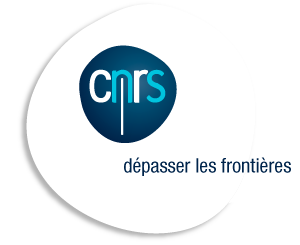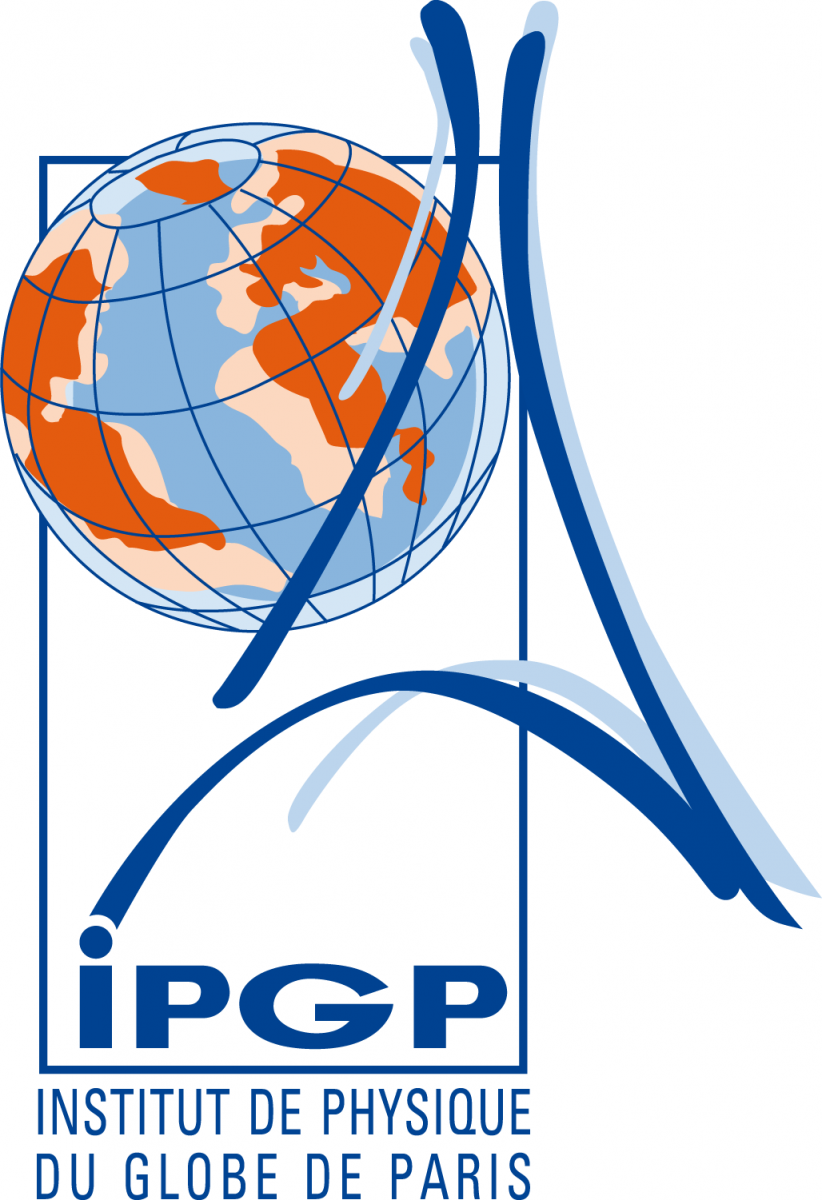IMOVE: Integrating Multidisciplinary Observations in Vent Environments
Proponents board: Norway: Thibaut Barreyre (University of Bergen) – France: Marjolaine Matabos and Erwan Roussel (IFREMER), and Jean-Arthur Olive (Ecole Normale Supérieure / CNRS) – Germany: Christine Andersen (GFZ) – Portugal: Ana Colaço (University of Azores) – USA: Christian Baillard and Deborah Kelley (University of Washington), Jill McDermott (Lehigh University), and Robert Sohn (WHOI) – Canada: Steve Mihály (Ocean Networks Canada).
WG supportive partners: European Multidisciplinary Seafloor and water column Observatory (EMSO), Ocean Networks Canada (ONC), Ocean Observatories Initiative (OOI), Deep-Ocean Stewardship Initiative (DOSI), and Deep Ocean Observing Strategy (DOOS).
WG objectives and timeliness: Our proposed working group (WG) will contribute to the InterRidge research community by fostering and coordinating the integration of hydrothermal data from vent fields where observatory-style data have been acquired. A large set of temporal and spatially-variable multi-disciplinary data have been collected from deep-sea vent fields at considerable cost to the international community, but to this point the datasets have mostly been analyzed in a piecemeal fashion. Systematic efforts to integrate data from different disciplines and synthesize these products into quantitative, cross-disciplinary models relevant to hydrothermal processes on the global MOR system have the potential to produce transformative scientific results, and are clearly needed at this point in time. The proposed WG will provide an international framework for this effort, and the relatively modest funding required will effectively leverage all of the previous funding allocated (logistical and scientific) to gather and study this data by individual countries and organizations. We propose 1) to develop a collaborative platform to access the existing data and metadata in standardized formats, along with the available relevant analytical and modeling tools and 2) to hold two IMOVE workshops in order to synthesize data products, facilitate technology transfers and address the challenge of
integrating observatory-style data at the global-scale.
WG importance: Deep-sea hydrothermal systems are associated with significant thermo-chemical transfers between the oceanic lithosphere, the deep biosphere, and the global ocean. Although they are often conceptualized as steady-state flow environments, it has become clear from the various observatories that these systems are associated with considerable spatio-temporal variability on a range of scales. This variability, which is caused by mechanisms such as earthquakes, magmatic activity, phase separation, dissolution/precipitation of minerals, and oceanic tides and currents, directly impacts thermo-chemical fluxes into the ocean as well as the nature and productivity of the associated ecosystems. In the last decade, several multi-disciplinary seafloor observatories have been established, providing a rich set of long duration time-series data for physical, chemical, and biological parameters at various hydrothermal fields (e.g. Ashes vent field under OOI, Lucky Strike under EMSO and Main Endeavour field under ONC). From these data it has become clear that, while hydrothermal flow responds to a variety of processes, we lack the necessary conceptual framework to interpret the data. Moreover, there is presently a lack of uniformity in the techniques used to analyze and model the observations from different vent fields, which hinders interpretation of the data in a global context. In order to achieve the original objectives of these ambitious observatory efforts, the various datasets must be explored, re-formatted -if needed-, integrated, discussed and modeled in consistent ways that transcend traditional discipline boundaries.
WG available and required means: All data collected by EMSO, ONC and OOI observatories are open access and available to the entire community. We seek support for organizing workshops to bring researchers together in order to tackle issues of data formatting, handling, integration, interpretation, and modeling, as well as to cover publication fees.
WG expected achievements: Ideally 2 IMOVE workshops (w1 and w2) will be organized – depending on available funding. In addition, at least 2 reports plus a special issue (for example in Geochemistry, Geophysics, Geosystems or in the AGU Monograph Series) will be published. Proposal(s) will be put together to help secure the funding of novel research. (w1) A relatively small workshop that will take place at the end of the first year where only proponent board members and coordinators and active participants of deep-sea hydrothermal observatories (EMSO, ONC and OOI) will gather. The main goal of w1 is to work upstream in order to prepare w2. The major output will be a first concise report (state of the art techniques employed, data availability, future observatories projects, how to get involved to conduct new experiments, where to find funding, current protocols and metadata, technology transfer, long-term goals etc...) for the science community and the creation of the IMOVE webpage, on which we can all work and interact. w1 will be more technical and coordination oriented. (w2) A relatively larger workshop that will take place later in the second/third year and will be open to any researcher, engineer, student interested in observatory style studies, monitoring technology, time-series, multidisciplinary integration of data set, modeling, etc. w2 will be based on an open call for abstracts. It will begin with a keynote presentation summarizing w1 assessments and conclusions, and will be followed by talks, posters, round tables and possibly by a short field trip/experiment. The state of the art for observatories will be discussed, providing participants with information on e.g. how to access data, take part in new experiments at various observatories (proposal and funding opportunities), goals of observatories, available technologies. The workshop will conclude with a general discussion and round table in order to get feedback from the community and promote practical interactions (e.g., engineers can discuss the latest deep-sea technology, scientists can discuss thematic papers or proposals...). The workshop w2 will be more science-oriented and aimed at connecting researchers and establishing further meetings (e.g, AGU, Chapman conference, Gordon) and directions through international proposals.




